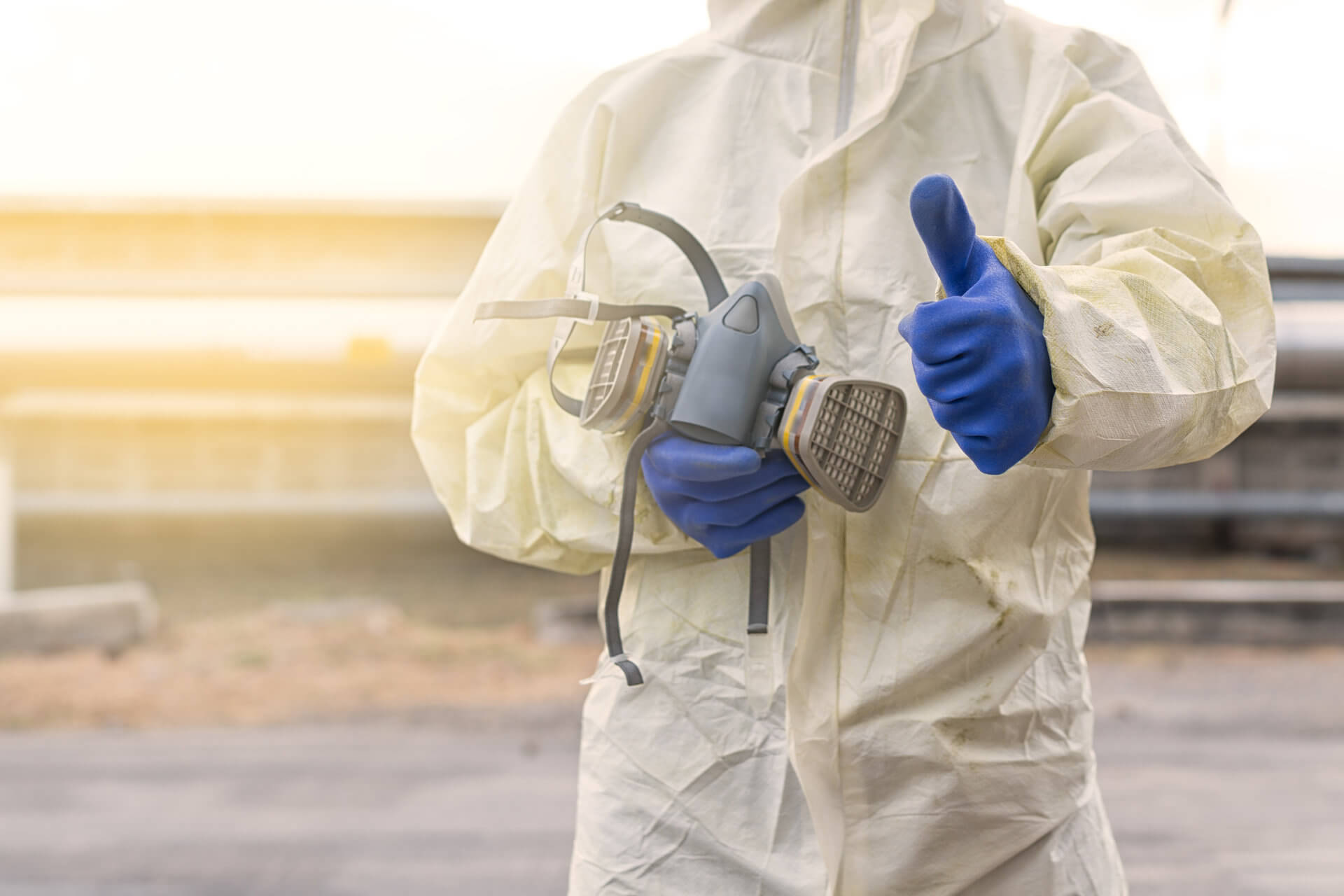PPE is something the entire population is familiar with after two years of wearing masks. It’s perhaps this increased scrutiny of face mask provisions that has led to the identification of some loopholes in UK PPE law, and how it protects both employees and contracted workers from harm.
A new change in health and safety law has come into effect as of the 4th April 2022 concerning the use of PPE. While it won’t affect some businesses, it could have serious consequences for anyone who uses contracted or temporary workers, and has the responsibility for keeping them safe on site.
Why PPE is important
Last line of defence against serious injury and debilitating illnesses. PPE is secondary to good working practices, which should minimise workers’ exposure to risk. But in the cases where hazards are still present and lapses occur, PPE exists to protect employees
PPE often consists of protective clothing, shielding workers against things like falling objects, exposure to hazardous chemicals or materials, machinery, vehicles and more. It also includes what is sometimes known as respiratory protective equipment (RPE). This includes face masks such as those you may have seen during the pandemic, which filter dust and other particulates, as well as more comprehensive breathing equipment for more hazardous conditions, e.g. asbestos removal.
PPE is necessary because of the risk of serious injury, death and debilitating conditions in many occupations. Even something seemingly innocuous such as exposure to concrete dust can cause serious respiratory issues down the line, while an impact or crushing injury can cause permanent disability, affecting the individual’s capacity to work, and leading to potential liabilities for their employer if necessary precautions were not taken.
What is the new PPE law?
Companies were already obliged to provide PPE to employees under the Personal Protective Equipment at Work Regulations (PPER) 1992. These regulations required employers to provide PPE in all instances other than where an equal or better alternative was available to control the risk. The burden of proof that the alternative was of equal quality is such that the provision of PPE is generally the easiest and safest option for employers.
However, these regulations had a significant loophole, which was that they did not cover what are known as limb (b) workers. Where limb (a) workers are employees as defined under the Health and Safety at Work Act 1974, limb (b) workers are temporary or contract workers. These workers were not covered under the PPER, and so companies were not obliged to provide them with PPE, even when it was the best or only option to ensure their safety.
As well as providing appropriate PPE for temporary workers, employers must comply with all other aspects of the PPER for limb (b) workers. These include:
- Ensuring that multiple pieces of PPE are compatible with each other;
- Conducting an assessment on PPE to ensure its suitability;
- Properly maintaining PPE to ensure its continued effectiveness;
- Storing the PPE so that it does not become damaged between uses;
- Providing necessary training and information on PPE use for workers;
- Ensuring that PPE is properly used, as much as can be reasonably expected;
- Providing a means for employees to report stolen or defective PPE.
Which workers fall under PPER limb (b)?
The new law is designed to close the loophole excluding temporary workers from PPE protections. Definitions of a worker under the revised limb (b) include anyone who:
- Carries out irregular or ‘casual’ work for one or more business;
- Is entitled to holiday pay (but not other employment rights) after 1 month of continuous work;
- Only carries out work if they choose to;
- Has a contract or other arrangement to work for a reward;
- Does not advertise their services to customers directly.
SAMS Ltd can help to ensure your business is fully compliant with the new PPE regulations through our consultancy services and our RPE Face Fit Train the Tester Zoom course. To learn more about our services and book our PPE or RPE related services, get in touch today.

